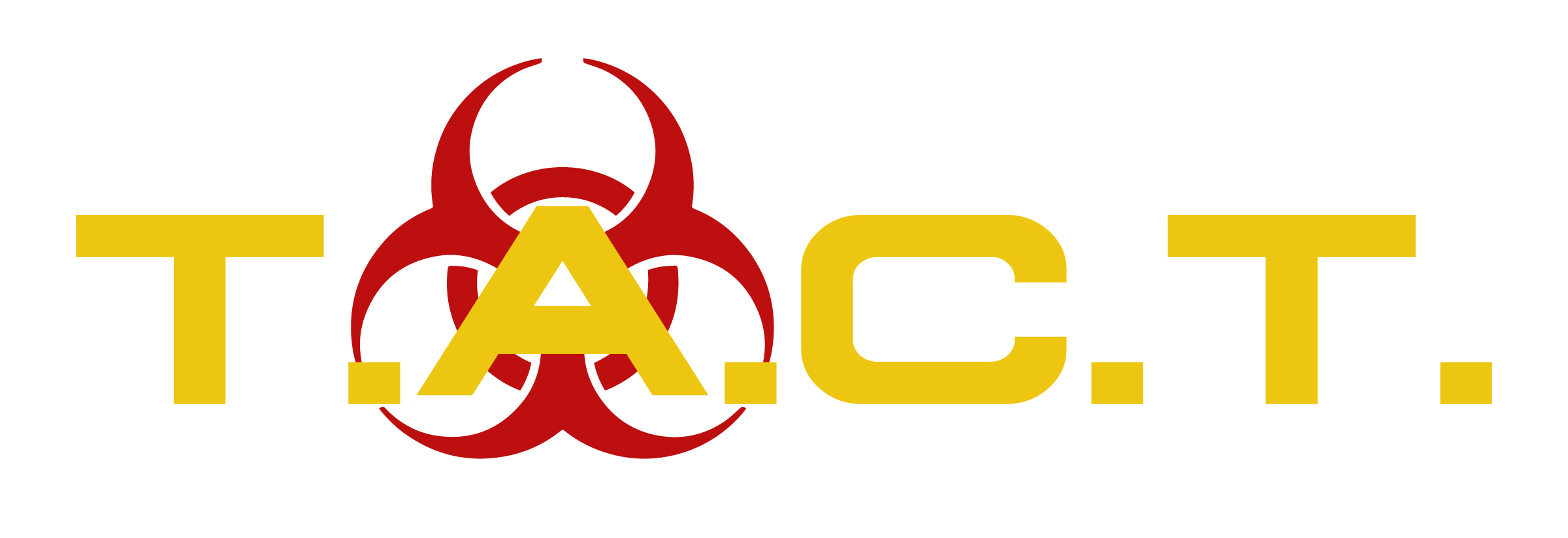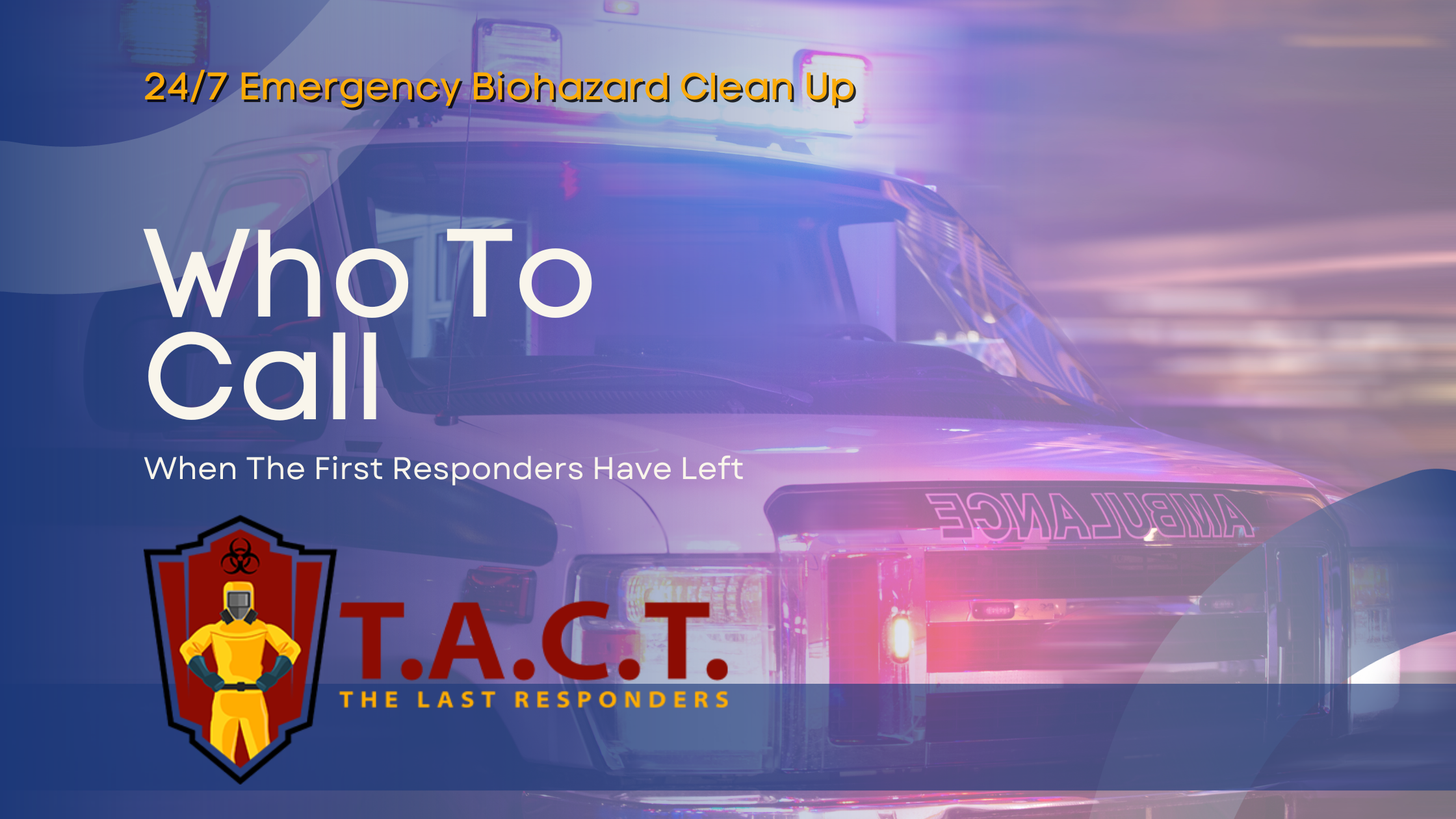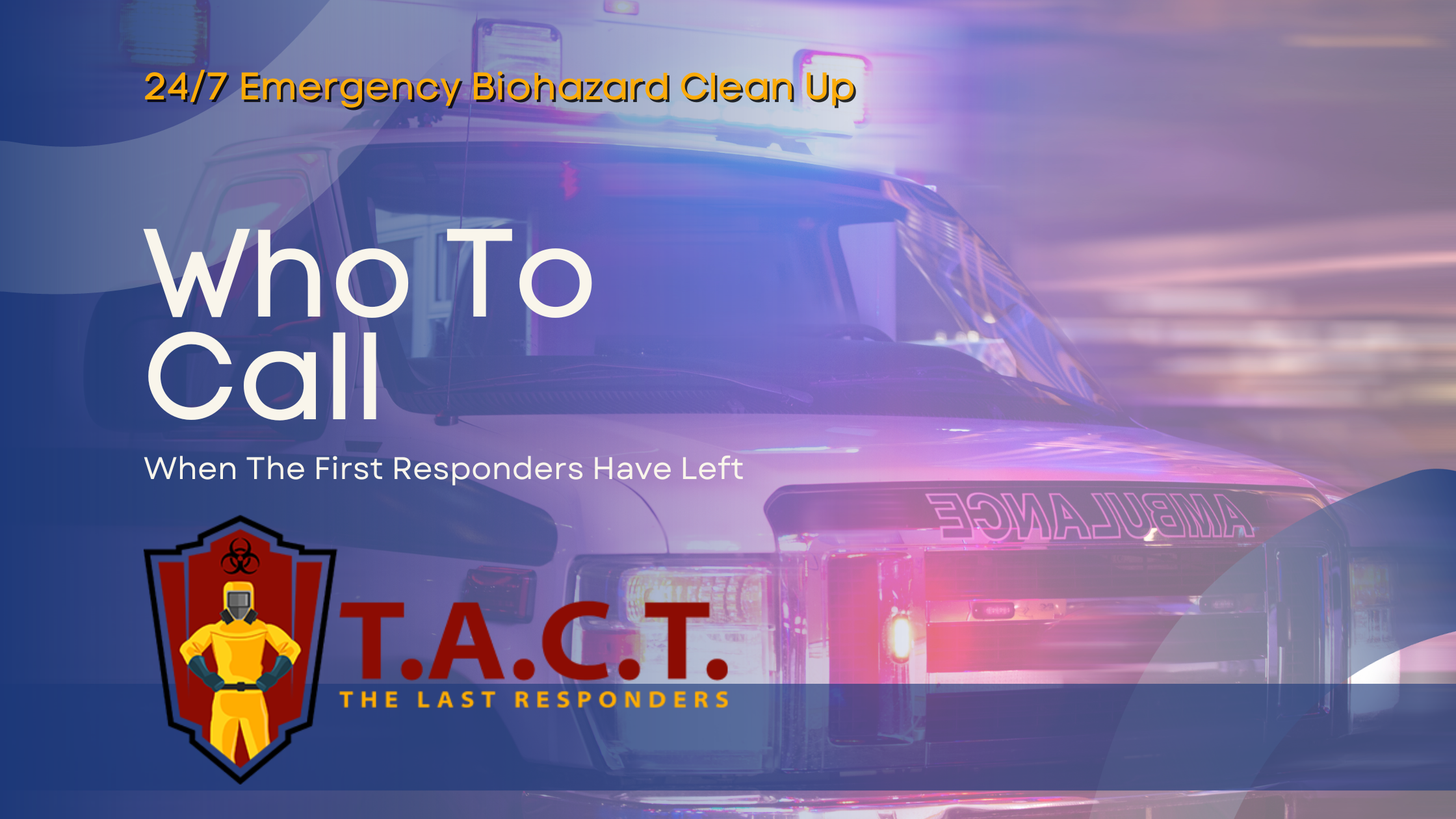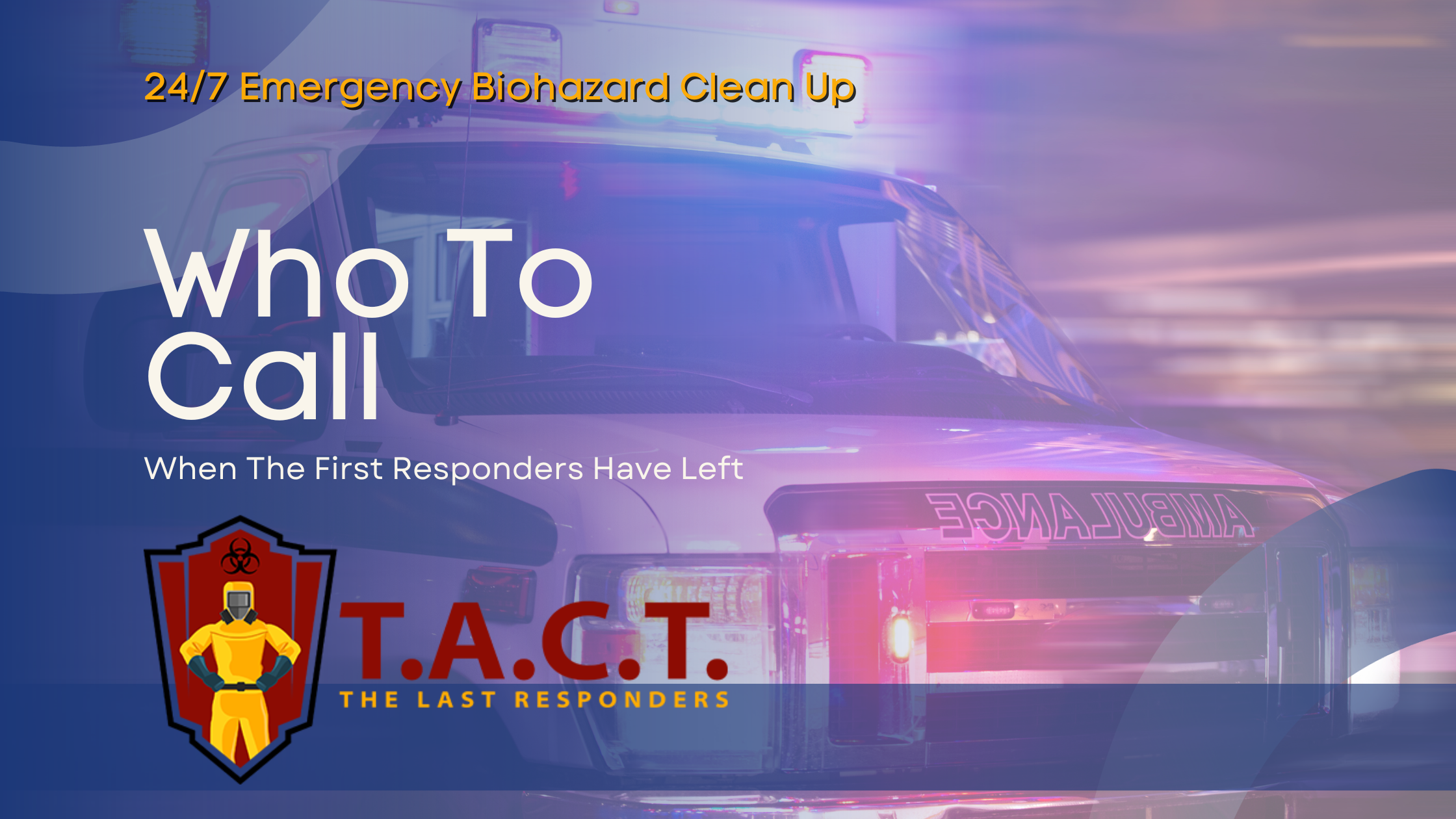Who to Call for Mold Inspection (And Why It Matters)

Who to Call to Inspect for Mold: Your Essential Guide to Professionals
Mold—an often invisible yet dangerous enemy—can silently invade your home, impacting your health and the integrity of your property. Knowing who to call for a mold inspection is your first step toward addressing the problem. This guide will walk you through the fundamentals of mold growth, how to identify if you need a mold inspection, and what to expect from a professional mold inspection process.
By the end of this post, you’ll have the knowledge you need to act decisively, hire the right experts, and safeguard your home and health.
Understanding Mold Growth and Exposure
Mold thrives under specific conditions. It needs moisture, organic matter, and a favorable temperature to grow. While mold spores are present in nearly every environment (both indoors and outdoors), they will only grow into colonies when these factors come together.
Unfortunately, exposure to mold can have serious health implications:
Respiratory problems: Mold spores can irritate the lungs and cause asthma or other respiratory symptoms.
Skin inflammation: Mold exposure can lead to rashes and skin irritation.
Allergic reactions: Symptoms may include sneezing, watery eyes, and nasal congestion.
Visible mold, musty odors, or persistent allergy-like symptoms are early indicators of a mold issue. Ignoring these signs can allow the problem to worsen, so it's essential to take swift action.
Identifying the Need for a Mold Inspection
When should you schedule a mold inspection? A few situations warrant calling in a professional:
You’ve noticed visible mold: If you see mold growing on walls, ceilings, or other surfaces, it’s time to act.
There’s a musty odor: Mold often gives off a distinctive smell, a clear signal to investigate further.
Persistent moisture issues: Leaks, flooding, or consistently high humidity can create a perfect environment for mold growth.
Health symptoms without explanation: Unexplained allergic reactions or respiratory issues may be linked to mold exposure.
More than just identifying the presence of mold, inspections assess the extent of the issue and its root cause, like water leaks or poor ventilation.
Choosing the Right Professional for Mold Testing
Not all mold inspection services are created equal. Here’s how to ensure you’re hiring the right professional:
Look for experience and expertise: Choose companies that specialize in mold remediation and have a track record of successful projects.
Check for comprehensive services: Reputable mold inspectors employ advanced tools like air samplers and surface tests to thoroughly assess the property.
Research reviews and referrals: Seek feedback from previous clients through online reviews or ask for referrals from trusted sources.
Transparency about costs: Some companies offer free inspections, while others provide detailed, paid testing services. Be clear on what’s included before you commit.
Aligning with a professional mold inspection company ensures accurate testing and sets the stage for effective remediation.
The Mold Inspection Process
Curious about what a mold inspection entails? Here’s a breakdown:
Visual Assessment: The inspector will examine visible surfaces, looking for signs of mold, water damage, and areas of excess moisture.
Air and Surface Sampling: Samples are collected to detect hidden mold colonies and measure spore levels.
Detailed Insights: The inspection will identify specific areas of concern and create a customized plan for remediation.
This comprehensive approach ensures you know exactly what you’re dealing with and how to address it.
Mold Remediation and Treatment
Once mold is detected, remediation tackles the issue at its source. Here’s how professionals approach this crucial step:
Removal: Mold colonies and any affected materials (like drywall or carpets) are safely removed.
Cleaning: Specialized equipment and cleaning solutions are used to sanitize and treat affected areas.
Prevention: Remediation includes steps to address the underlying cause, ensuring mold doesn’t return.
Professional mold remediation companies have the tools and expertise to complete the task safely and effectively, restoring your property to its original condition.
Preventing Future Mold Growth
Prevention is always better than cure. After remediation, take these steps to protect your home from future mold issues:
Eliminate Moisture: Fix leaks, repair water damage promptly, and use a dehumidifier to tackle high humidity levels.
Improve Ventilation: Ensure bathrooms, kitchens, and other moisture-prone areas have proper airflow.
Reduce Mold Risks: Regularly clean and inspect areas where mold is likely to grow, such as basements, under sinks, and around windows.
By addressing the root causes of moisture, you can create an environment where mold simply cannot thrive.
Understanding Mold Inspection Reports
After your mold inspection, you’ll receive a detailed report. This document typically includes:
Findings: Information on mold levels, types, and locations within the property.
Recommendations: Steps for effective remediation and long-term prevention.
Sample Results: Data from air and surface samples to provide further clarity on the issue.
Understanding this report allows you to make informed decisions about next steps and ensures you remain proactive moving forward.
FAQs and Additional Resources
Q: What is the cost of a mold inspection?
A: Costs vary but typically range from $300 to $500, depending on the property size and scope of the inspection.
Q: Can I do a mold inspection myself?
A: While DIY mold tests are available, they may not offer the same accuracy and thoroughness as professional testing.
Q: What are the health risks of mold exposure?
A: Mold exposure can lead to issues like respiratory troubles, skin irritation, and allergic reactions.
For more detailed resources and guidance on mold management, consider visiting trusted government and health websites.
Mold-Free Living Starts With Action
Mold is not just an inconvenience—it’s a threat to your health and property. Choosing the right professional to inspect, remediate, and guide you through the process is essential to addressing the issue effectively.
By understanding mold growth, the inspection process, and preventative measures, you’ve taken the first step toward a safer and healthier home. If you’re ready to protect your family and property, reach out to a trusted mold inspection expert today.
Don't wait—your home and health depend on it.



